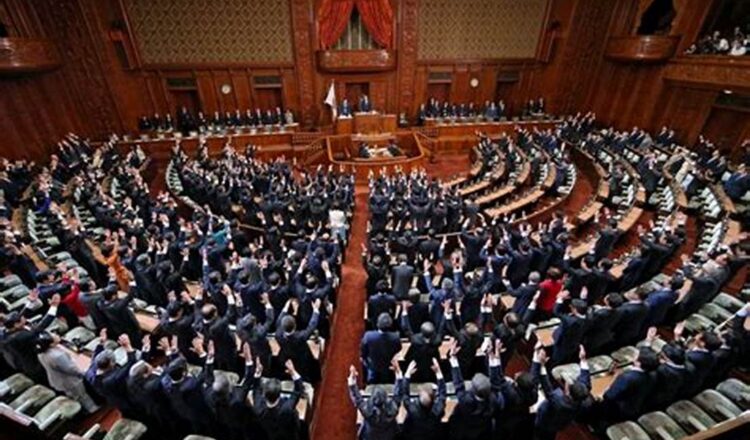A “special highly skilled personnel system” will soon be established by the Japanese government in an effort to entice more foreign professionals with advanced knowledge and skills to the nation. This will open up new residency opportunities for researchers and other professionals with annual incomes of at least 20 million yen (roughly $148,000).
Relevant ministers were present at a Cabinet meeting on February 17 where the introduction of the new system was agreed. The government intends to launch the system in April.
According to the current system, points are given for each category of educational background or professional experience, annual salary, and age, among other criteria. If the applicant receives a total score of 70 or higher, they are granted “highly skilled professional (i)” visa status, which allows them to remain in Japan for five years. After three years, a person with a type I visa can change to a type “ii” visa and obtain permanent residency. Between May 2012, when the point-based system was implemented, and June 2022, around 35,000 foreign nationals, including researchers, engineers, and corporate managers, were recognized as highly competent professionals.
In response to the increasingly strong international rivalry for human resources, the government chose to create a new mechanism to attract highly skilled foreign workers while keeping the traditional point-based system. A type I visa status will be granted to researchers and engineers under the new route if they have a master’s degree or higher, at least 10 years of professional experience, and an annual income of at least 20 million yen. Corporate managers are required to have a minimum of five years of work experience and a yearly salary of 40 million yen. Holders of type I visas will be able to switch to type “ii” in both situations within a year, which is quicker than the point-based system.
Graduates of universities that are among the top 100 globally will also be positioned as “future creative talent” and given a residency status for “designated activities” in order to draw young workers from abroad. They are permitted to stay in Japan for two years to get ready for job searching and starting their own business, and they are reportedly allowed to work during that time.





